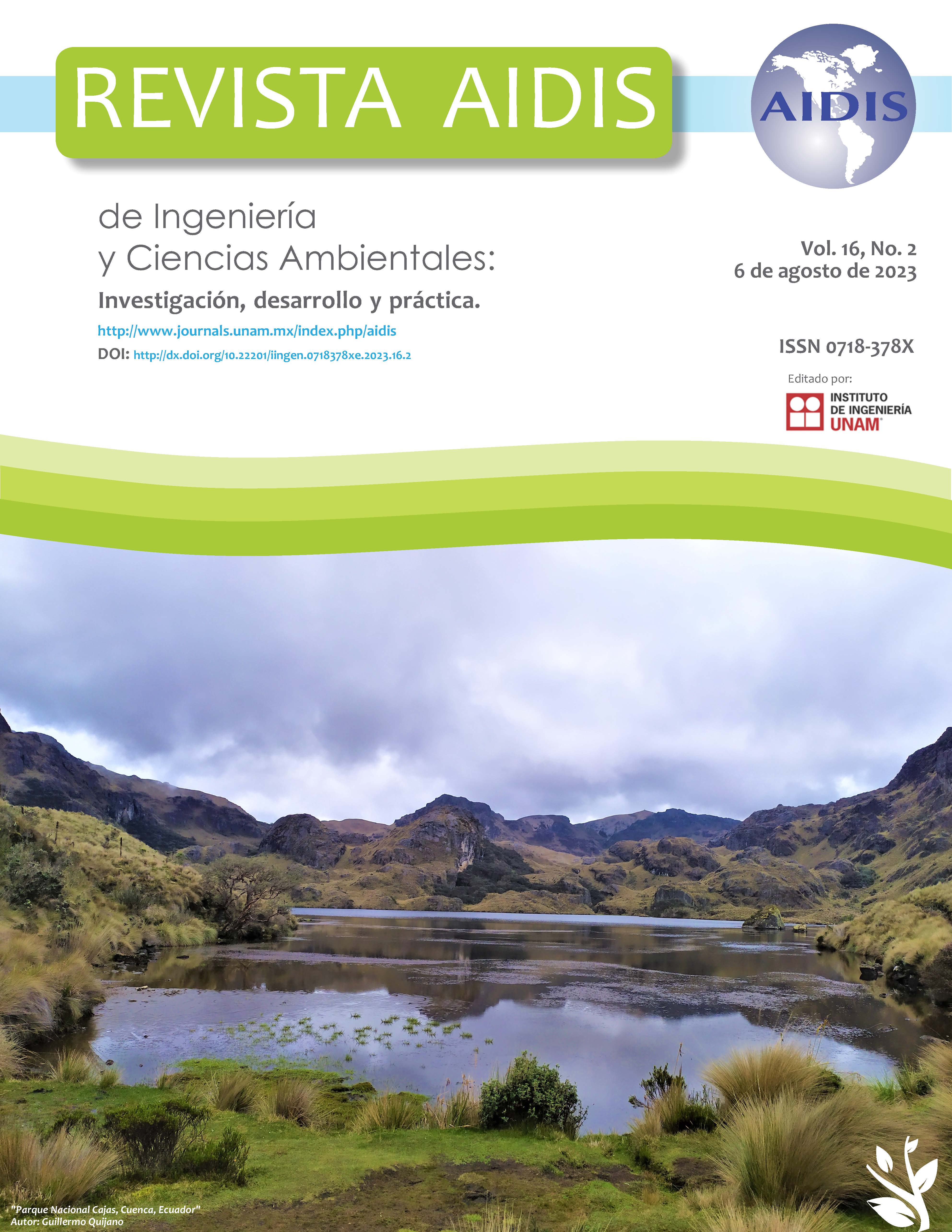TECHNIQUES FOR REMOVING EMERGING MICROPOLLUENTS IN WATER: A SYSTEMATIC REVIEW
Main Article Content
Abstract
Emerging micropollutants (MPE) are substances detected in the environment, be it water and soil, which can in no way alter these systems, in addition to human health. Water treatment processes framed as conventional are generally inefficient in removing contaminants. Thus, alternative technologies of effective removal for this treatment are sought. For this, a systematic review of the literature was carried out that aimed to show a perspective on the MPE considered elements of the studies, as well as applied treatment techniques and efficiencies achieved, based on three international data platforms, with selection of acceptance criteria and rejection based on the protocol under review. The study included the bibliographic portfolio composed of 35 primary articles, with citation of 109 MPE, belonging to 39 groups, exposed to 44 techniques aimed at treatment. As a result of the data, these were synthesized in an abacus. A significant diversity of active ingredients was observed, removed by multiple treatment techniques, requiring studies to incorporate techniques that will act associated with conventional treatment in a viable manner.
Article Details
Citas en Dimensions Service

This work is licensed under a Creative Commons Attribution-NonCommercial-NoDerivatives 4.0 International License.
